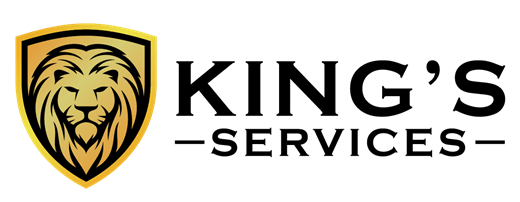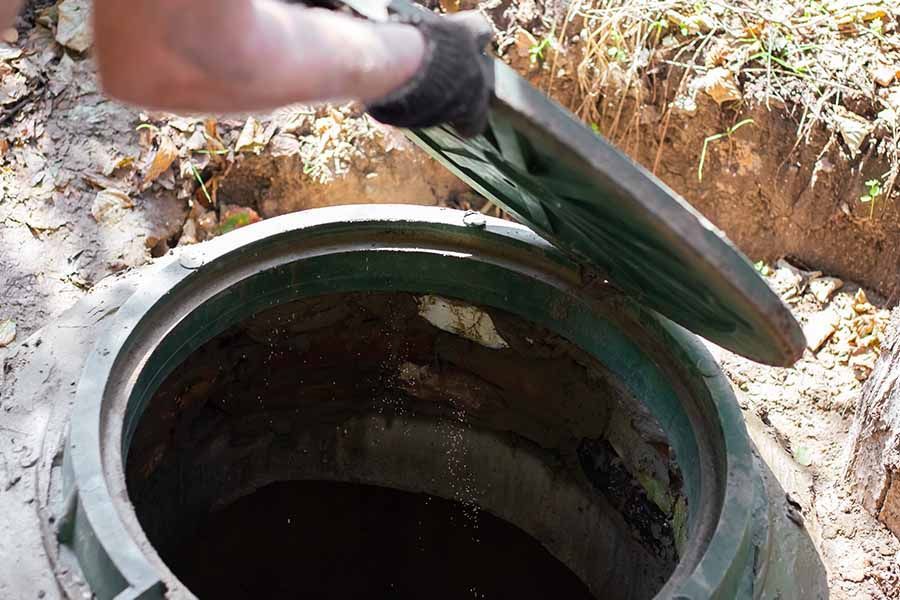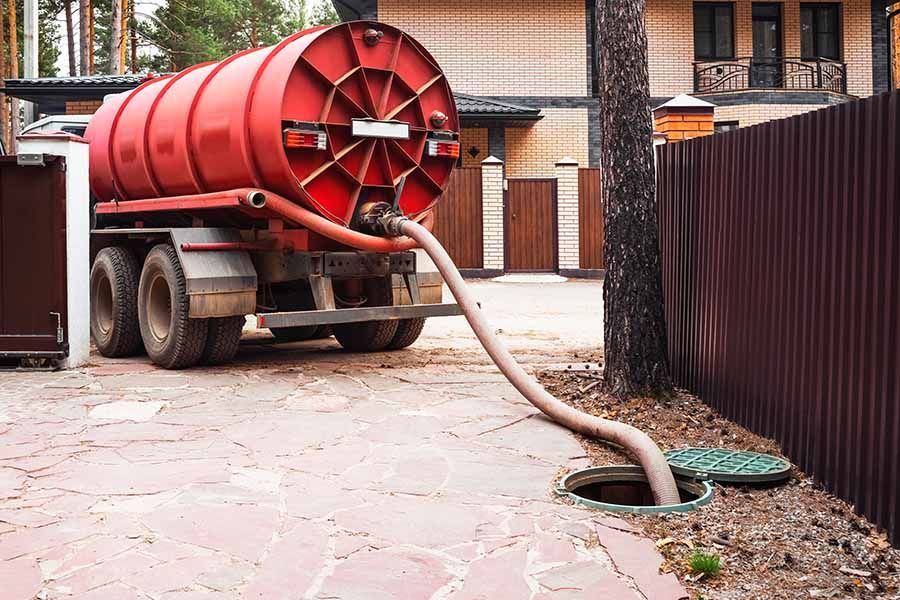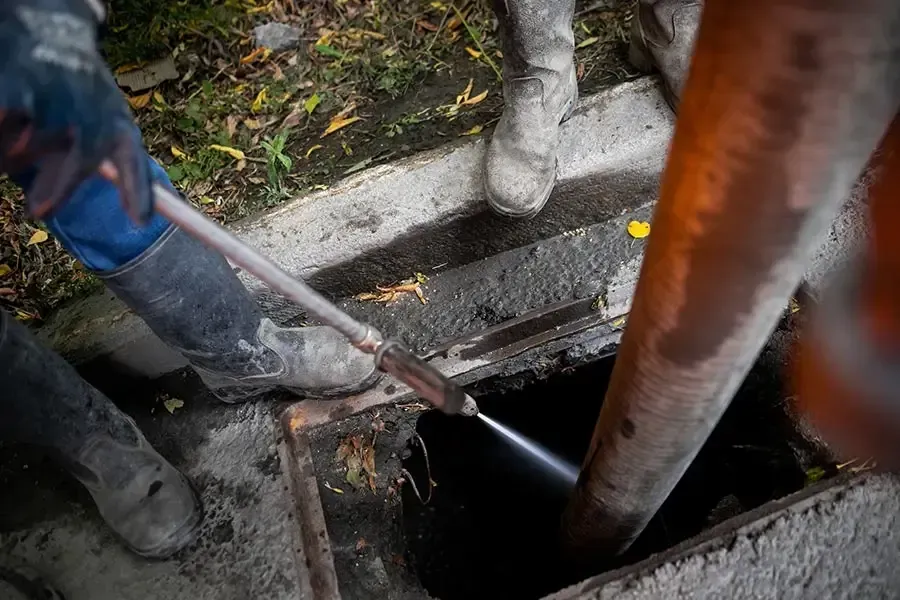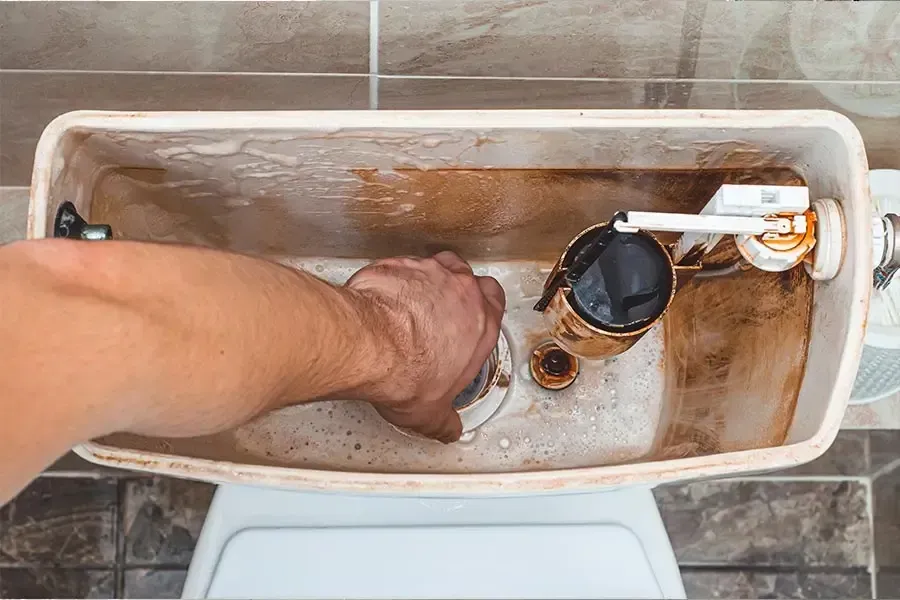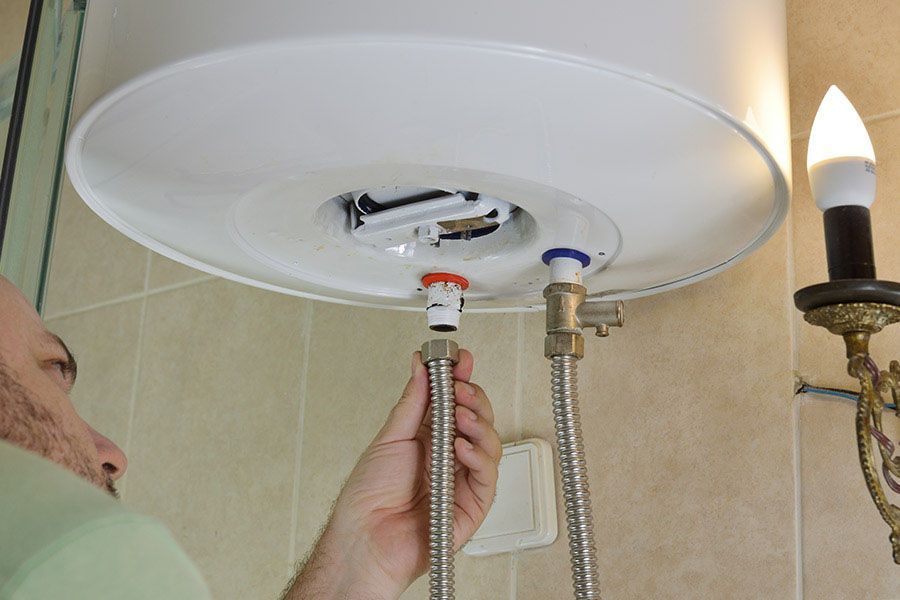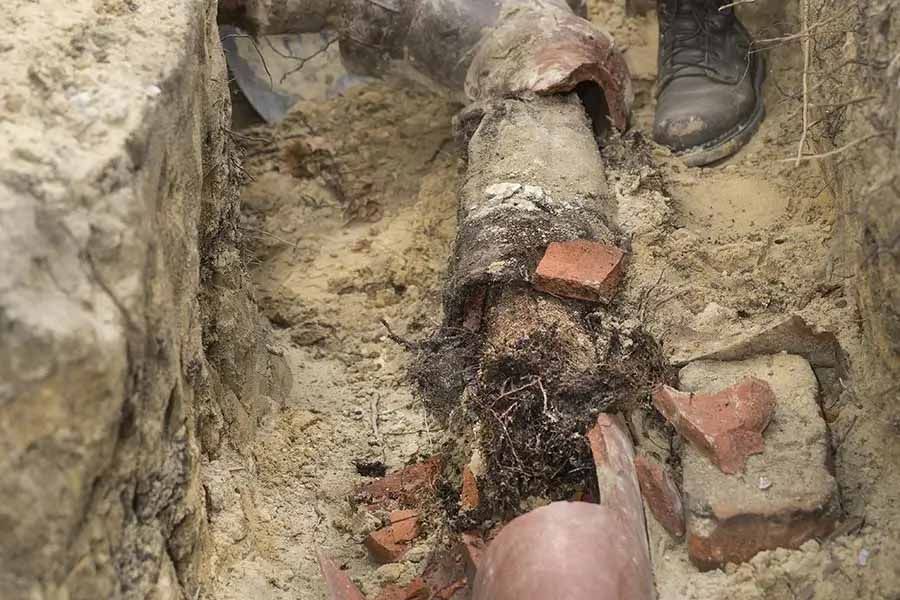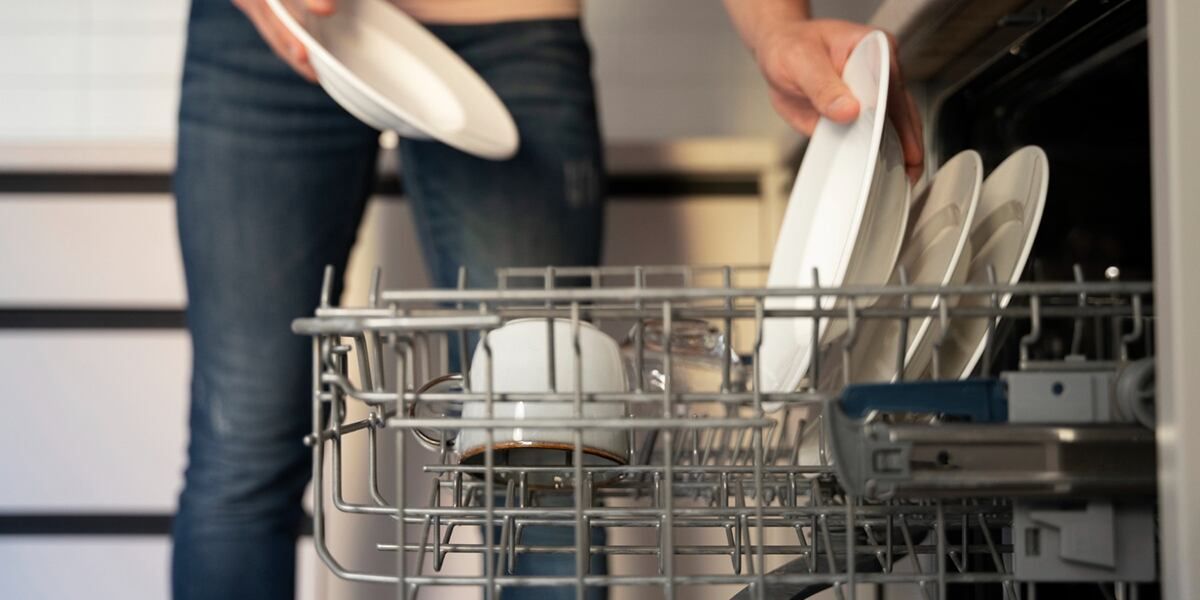
Keep your business's grease traps clear with help from King's Services. Reserve your appointment with us today!
When running a restaurant or commercial kitchen, you rely on industrial-sized versions of everyday kitchen appliances. For example, you need a high-grade dishwasher to handle that steady flow of soiled dishes. But does a commercial dishwasher need a grease trap to function optimally?
When looking up "grease trap cleaners near me" in Manitoba, Winnipeg, Headingley, or the neighboring communities, you'll see King's Services on that list offering residential and commercial plumbing and septic services. Here's what the crew says about grease traps in commercial dishwashers if you want to prevent pipe blockages and unnecessary repairs.
What Are Grease Traps?
Whether it’s in a residential or commercial dishwasher, the grease trap separates and holds fats, oils, and grease from the wastewater. Otherwise, if these materials find their way down a drain, they will accumulate and harden inside the pipes before reaching the sewer system.
How Do Grease Traps Work?
Commercial grease traps contain at least two compartments, which work as follows:
- The first compartment collects wastewater. Any water pouring into this part of the device is slow-moving, allowing enough time for the fats, grease, and oil to separate.
- As the grease and other residue rises to the top, it remains in the first compartment.
- The wastewater will then flow into the second compartment as an extra grease prevention measure before going into the drainage system.
So, with a grease trap collecting fats, oils, and grease, you can safely dispose of wastewater down the drain. Since these materials have a higher density than the water, they should float. Solid food waste sinks to the bottom of the trap.
When the wastewater collecting in the middle of the trap (in the second compartment) flushes away, you can then safely remove the fats, oils, and solid bits and dispose of them correctly. However, since a grease trap can only hold a certain amount of fat, oil, and grease, at some point, you'll need a licensed waste hauler to pump out the trap and properly dispose of the mess.
Will You Need a Grease Trap in Your Commercial Dishwasher?
Letting oil, grease, or fat go down a drain is never good. On a commercial scale, the practice will quickly result in pipe blockages, which creates endless problems for your establishment and its plumbing system.
For instance, a pipe blockage from fat or grease can cause drains to overflow with unsanitary water. It could also:
- Produce foul odours from the drains
- Cause environmental damage
- Damage the building's plumbing system
So, does a commercial dishwasher need a grease trap? Yes, since commercial kitchens use a lot of these materials daily, it's necessary to install a dishwasher with a grease trap. Even if you're not flushing large amounts of fats, grease, or oils every time you run the dishwasher, there are enough of these materials on plates, pans, pots, and utensils to cause problems without a grease trap.
Why Do Commercial Dishwashers Need Grease Traps?
If you're still wondering why dishwashers in commercial kitchens or restaurants need grease traps, consider the following:
Legal Regulations
A commercial dishwasher with a sufficient grease trap is often a legal requirement. For example, the City of Winnipeg’s bylaws state that every food service preparation operation (commercial or industrial) must have a grease trap or grease interceptor as part of a sink or dishwasher.
There are also rules governing how often these establishments should clean the grease traps, who can empty them, and where people can dispose of the waste. If your business doesn’t comply with these regulations, there could be legal consequences or hefty fines.
Environmental Protections
One of the reasons laws or regulations about grease traps in commercial kitchens exist is to protect the environment. When foreign substances go down your kitchen drains freely, you're putting your plumbing system at risk for complications. However, grease and food waste that then makes it through to the sewer system can also harm the ecosystem.
Some of these materials are, essentially, pollution. Other issues arise when clogs cause sewer pipes to fail, back up, or overflow. In that case, the results often include the rampant growth of harmful bacteria, which harms aquatic life and leads to waterway contamination.
Plumbing Problem Prevention
Why else does a commercial dishwasher need a grease trap? One reason is that any unexpected plumbing problem wreaks havoc on a commercial kitchen.
Without a grease trap on your dishwasher, the food waste will go down the drain and solidify. Then, these blockages from solid fats and grease can lead to the following issues:
- Burst pipes
- Slow drainage
- Overflow or backup issues
If you’re facing clogs, a plumber like King’s Services can fix the obstruction and clear things out. However, installing a dishwasher that has a grease trap is far easier and less costly.
How To Choose the Right Commercial Dishwasher Grease Trap For Your Business
Not all dishwasher models are identical or suitable for every type of commercial kitchen. To help you decide, here are some tips on choosing the right dishwasher grease trap:
- Fit the right grease trap size: You'll need a grease trap with the space to handle the amount of food waste and grease that comes from your dishwasher.
- Consider a grease interceptor: Instead of a grease trap, you could use a grease interceptor to handle water, surfactants, solid food waste, and grease under high temperatures (it makes material separation easier).
- Choose a good material: Stainless steel grease traps are durable. Plastic ones are more cost-effective.
Contact King's Services for Your Plumbing and Septic Needs Today!
Does a commercial dishwasher need a grease trap? Yes, and knowing how to avoid sewer clogs helps, too. If you have other questions, King’s Services has almost 40 years of experience in helping over 15,000 customers access outstanding plumbing and septic services.
Do you need help with residential or commercial sewer systems throughout Manitoba, Winnipeg, and nearby areas? The King’s Services plumbing experts are available 24 hours a day. Call
(431) 532-5623 today!

